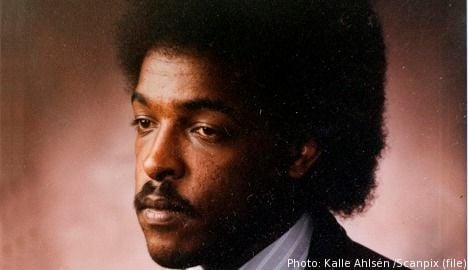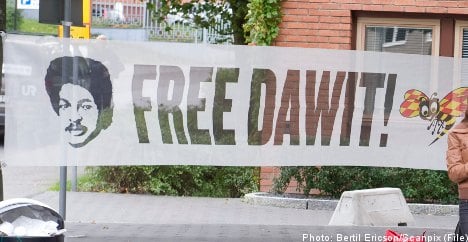Swedish-Eritrean Isaak has spent twelve years behind bars in his country of origin, with media campaigns in Sweden launched to highlight his plight and demand his release falling on deaf ears. Debate has long focused on whether Isaak had stayed alive, something which Eritrea's ambassador to Israel, Tesfamariam Tekeste Debbas, has now claimed is the case.
"There's talk but those are just rumours. He is OK," Debbas told the Expressen newspaper.
Pressed to confirm his statement that Isaak was alive, Debbast responded.
"Sure."
Isaak fled to Sweden in 1987 during Eritrea's war of succession from Ethiopia but returned in 2001 to help shape the media landscape in his recently independent homeland.
The father of three worked as a cleaner in order to support himself and was granted Swedish citizenship in 1992.
But his life changed forever when he arrested on September 2001, not long after he published a series of articles demanding political reforms in a paper he founded in the country.
The diabetic journalist is believed to be in the infamous Eiraeiro prison near Asmara, where a number of other prisoners are known to have died of maltreatment or to have committed suicide.
The Eritriean ambassador underlined that he did not have extensive knowledge of the case, but also was quick to point out that the Eritrean authorities do not consider Isaak's Swedish nationality important.
"I don't know everything about every person in jail," he said. "But I can tell you that this guy is Eritrean, not Swedish. When he comes (to Eritrea) and does not follow the country's laws he must be punished."



 Please whitelist us to continue reading.
Please whitelist us to continue reading.
Member comments